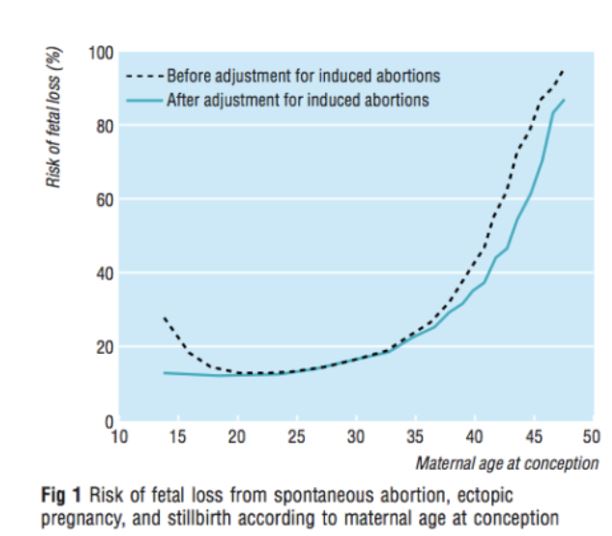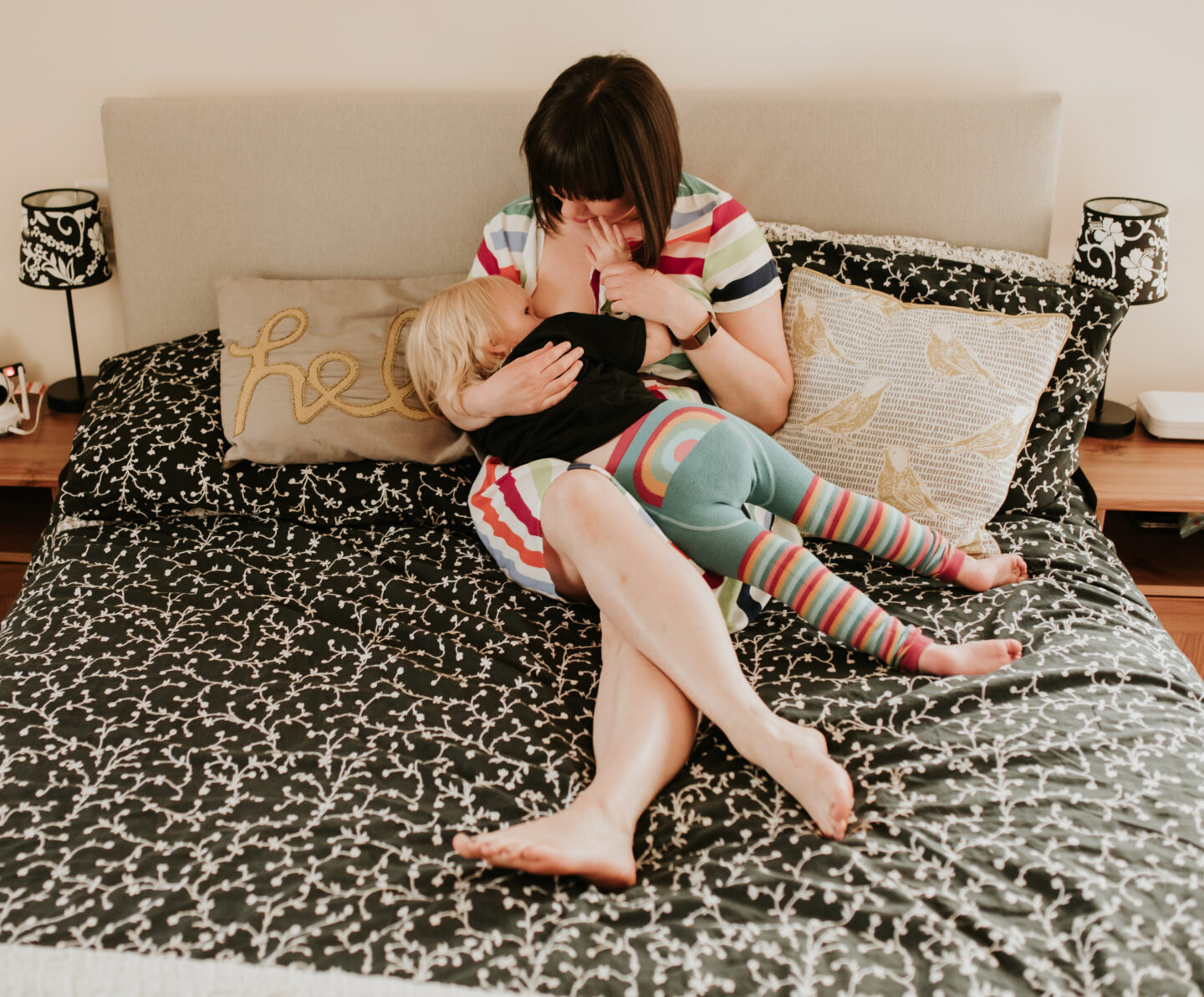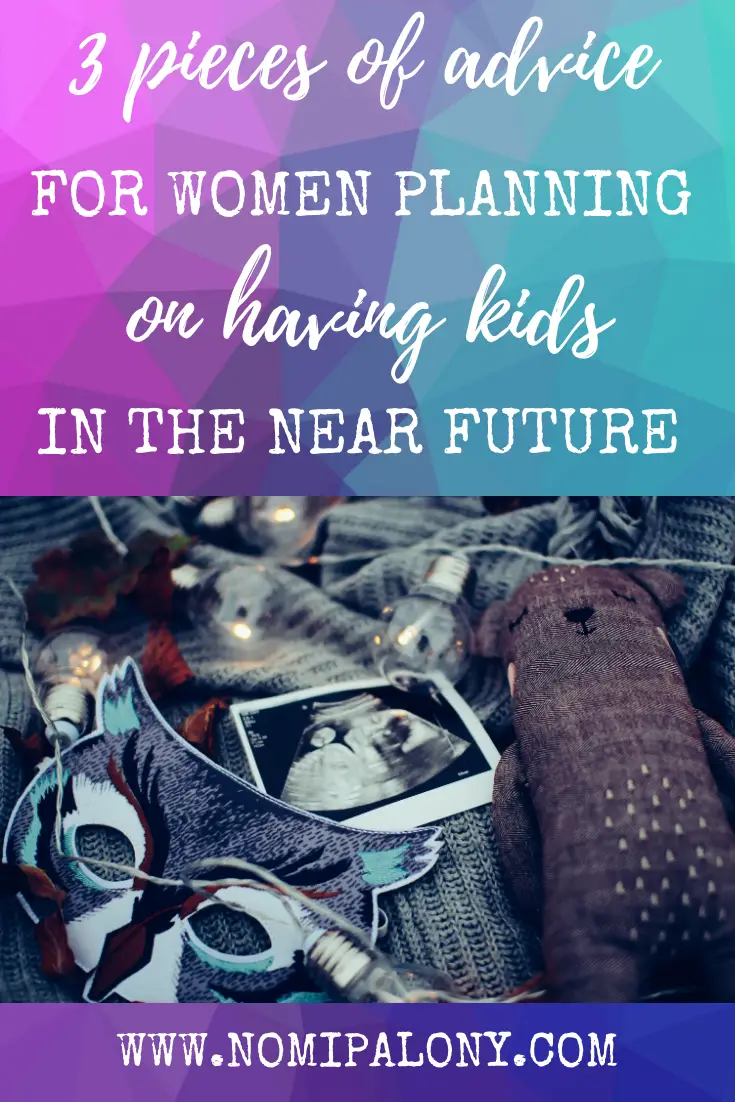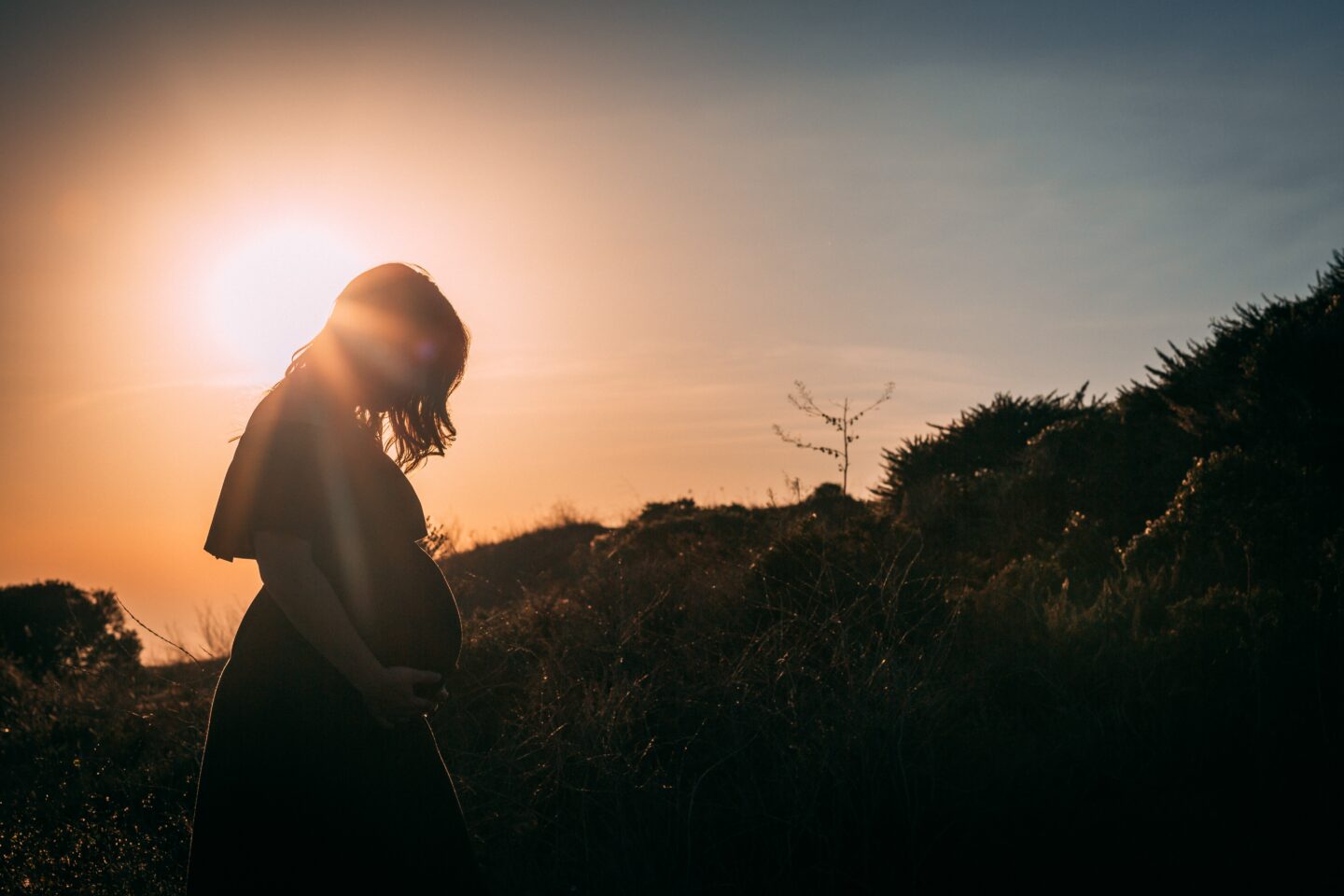The problem about having babies is you don’t REALLY learn about it all until you are in it. There are some things I wish I had done or known that I often think that some women planning to have kids at some point in the future would benefit from knowing. These are the things I wish I had known or done before having children. You might already know all of this, or you might be clueless like 27 year old me was.
1. Get to know your body better!

I wish I had known my pre-kids body better. When I had my daughter I ended up with a vulval hematoma and then had some excess tissue that needed burning off with silver nitrate. During the recovery, it was difficult to know how I was healing inside and out because I didn’t really know what everything looked and felt like before. Had inside of me always felt like that? Had outside of me always looked like that? If I went back I would have taken notes and photos (and hope not to get my cloud hacked!).
Likewise, I’d have taken a photo of my pre-breastfeeding boobs to refer to, I can’t remember what they used to feel like or look like – which makes it harder to notice lumps, thickening etc.
I’d have felt how fused my stomach muscles were together so I could tell the amount of diastasis recti I had afterwards. Did I have any gap at all before? What was my normal? I don’t know.
I’d have also made sure I was seeing a chiropractor/osteopath or physiotherapist to check if I had any imbalances in my body. Firstly to work on correcting them prior to pregnancy where they can cause discomfort or even a prolonged labour. But also, so you know if pregnancy/birth caused any issues to your body afterwards or if they simply exacerbated pre-existing issues.
For example, I had a pelvic imbalance before my first pregnancy that we believed caused my back and pelvic pain during that pregnancy and stalled my labour as my baby struggled to get into an optimal position. With regular chiropractic care and daily piriformis exercises during my second pregnancy I had no/minimal back or pelvic pain and had a great home birth with my second child. Now, 5 years on from my second pregnancy I’ve been having daily pelvic/hip discomfort for around 2 years now. I can’t quite get to the root of what’s causing it.
Finally, I wish I had known my cervix before. During my pregnancies, I wouldn’t have been able to locate my cervix let alone know whether it was dilated. Since I had my daughter I’ve been using menstrual cups and as they cup your cervix, you have to get acquainted with it to know where to position it properly. I’m pretty sure that now if I was pregnant again, I’d be able to tell how dilated I am myself. I would certainly be able to tell the changes in my cervix. That’s powerful information to know. Before kids, I couldn’t have told you where my cervix was!
2. Know your stats

I think there are two extremes. On the one hand, women see loads of celebrities in their 40s having babies seemingly with ease and think there is no reason why they shouldn’t either (not knowing that a lot of these women used IVF or surrogates).
On the other hand, women are scaremongered about the risks of a ‘geriatric pregnancy’. So where does that leave you? We all have different levels of risk tolerance. I might be comfortable with a risk you might not be.
I remember with my first pregnancy getting quite a shock when we had our first ultrasound. You get a sheet that details the chance of chromosomal abnormalities by different age ranges. I couldn’t believe how much the chance went up each year and thought if I was unaware then surely a lot of women are unaware of the extent of it when planning their families.
Here are the latest ranges for you from the Embryology Education and Research website. I was shocked to see you have a 1 in 526 chance of any chromosomal abnormality at age 20 that falls to 1 in 8 by age 49. I got pregnant with my first child at 27 with a 1 in 455 chance. If I was to get pregnant again now at nearly 36 I would have a 1 in 156 chance. So to put that clearer, I have a 7-year-old and a 4-year-old, if I was to get pregnant again my chance of having a baby with chromosomal abnormality has increased almost 300% in that time!
| Age of Mother | Risk of Trisomy 21 | Risk of Any Chromosomal Abnormality |
|---|---|---|
| 20 | 1 in 1667 | 1 in 526 |
| 21 | 1 in 1667 | 1 in 526 |
| 22 | 1 in 1429 | 1 in 500 |
| 23 | 1 in 1429 | 1 in 500 |
| 24 | 1 in 1250 | 1 in 476 |
| 25 | 1 in 1250 | 1 in 476 |
| 26 | 1 in 1176 | 1 in 476 |
| 27 | 1 in 1111 | 1 in 455 |
| 28 | 1 in 1053 | 1 in 435 |
| 29 | 1 in 1000 | 1 in 417 |
| 30 | 1 in 952 | 1 in 384 |
| 31 | 1 in 909 | 1 in 384 |
| 32 | 1 in 769 | 1 in 323 |
| 33 | 1 in 625 | 1 in 286 |
| 34 | 1 in 500 | 1 in 238 |
| 35 | 1 in 385 | 1 in 192 |
| 36 | 1 in 294 | 1 in 156 |
| 37 | 1 in 227 | 1 in 127 |
| 38 | 1 in 175 | 1 in 102 |
| 39 | 1 in 137 | 1 in 83 |
| 40 | 1 in 106 | 1 in 66 |
| 41 | 1 in 82 | 1 in 53 |
| 42 | 1 in 64 | 1 in 42 |
| 43 | 1 in 50 | 1 in 33 |
| 44 | 1 in 38 | 1 in 26 |
| 45 | 1 in 30 | 1 in 21 |
| 46 | 1 in 23 | 1 in 16 |
| 47 | 1 in 18 | 1 in 13 |
| 48 | 1 in 14 | 1 in 10 |
| 49 | 1 in 11 | 1 in 8 |
Also to bear in mind is how the risk of miscarriage increases. Then you can make an informed choice in line with your personal risk tolerance. This graph from Tommy’s shows miscarriage statistics by age. You can see how steep the graph starts to get after mid-30s.

The reason I’m sharing this isn’t to scare women, its simply so women can be informed ahead of time and make informed choices. Of course, for many, it isn’t a choice. You simply haven’t found your partner yet, can’t afford to or you simply aren’t ready but then you may want to do things like, freeze your eggs or explore other options.
But for some women, you might be putting it off for that one last holiday or your friend’s wedding etc (which again, is totally your prerogative, no judgement here) but if you knew the stats, that might influence your decision.
There is no right or wrong choice, just what is right or wrong for you personally. You might be absolutely fine with an increased chance of having a child with a chromosomal abnormality, you might think its ableist to even care about that so it may be irrelevant to you. But it’s worth taking a look at the information so that you can decide whether its something that you feel applies to you or not.
I just don’t want women to get to the point of deciding they want a child and experience the risks in a very real way and regret they hadn’t been more informed. But of course you aren’t looking at this stuff until you are ready, why would you! Risks are just stats, loads of people will have ‘geriatric’ pregnancies and be just fine but knowledge is power and informed choice is the best kind of choice.
3. Learn how long pregnancy and breastfeeding takes.

If you’d asked me before kids how long it would take to have a kid and then give them a sibling I’d have said 2 years. I thought breastfeeding was the first few months, max!
I’ve only got 2 children and have just finished breastfeeding my youngest. I was continuously pregnant and breastfeeding for 8 years and 4 months! That’s a big impact on my body for much longer than I expected. I’ve breastfed for a lot longer than many people but still, even if you don’t breastfeed you might find you aren’t ready for that second child as quickly as you think. The impact that pregnancy and childbirth has on your body can come as quite the shock.
When I was growing up most people I knew seemed to have 2 year age gaps with their siblings. I kind of thought that would be what we would do too. Yet, that means that you have to be pregnant again when your first child is 1 year and 3 months old. They are still so small. For many women in the UK, that means you would have just returned to work after maternity leave for 3 months before you are pregnant again. I was certainly not ready to be pregnant again that soon. It felt like I hadn’t even recovered from the first pregnancy. I got pregnant with my 2nd child when my first was just under 2.5. Looking after very small children is really challenging, 2 under 2 can be brutal too.
Then there are things to consider – like childcare costs. We delayed our second child so that she wouldn’t arrive until my eldest was 3 and therefore entitled to 15 hours of free childcare a week. He had been going to a private nursery for a while and we couldn’t afford to keep sending him while I was on maternity leave but I also didn’t want to have to pull him out and then him get a shock when he had to start going again. This worked really well for our family because I got 1.5 days a week just with the baby which was a welcome relief from parenting a baby and a 3-year-old. He got to get out and have fun and consistency. It’s a decision I’m pleased I took but it did delay having our second child.
My point is. I think pre-kids I thought you could have kids and be done and dusted in a couple of years but it rarely works out that way. Most people are in the trenches for a decade or more. Not a huge deal but worth bearing in mind, say if you plan on having your first kid in your mid to late 30s, when will you be having your second and third etc? If you plan on having your first at 35 when the risk of miscarriage is 22%, are you comfortable with the risk jumping to 38% at 40 or 70% at 45 for siblings if you want multiple children etc? All worth having a think about so you can make an informed choice that is in keeping with your own personal level of risk aversion and what you want for your life.
And a final bonus piece of advice for women who are planning on having kids at some point in the near future…
With all of this, just trust your gut. Whether you want children or not, whether you can’t decide, whether you want them younger or older, just listen to your intuition and do what is right for you. It’s hard when we are fed the heteronormative 2.4 family ideal from birth to find out what you truly want. But your inner voice is your subconscious wisdom. It’s there to keep you safe, listen to it and make choices that reflect your authentic self.
Good luck!
If you liked this post you might like some of my other posts about pregnancy and birth:
- Breastfeeding a baby with CMPA
- My ultimate guide to pregnancy and childbirth
- HBAC Birth Story
- How hiring a doula helped me have a home birth after C-section…


Fabulous post and very informative. I had forgotten how much the risks increase with age!
Thank you Sam!